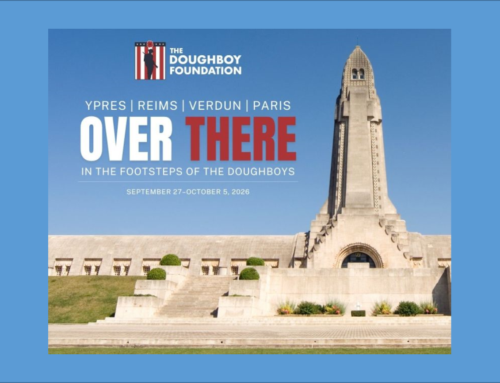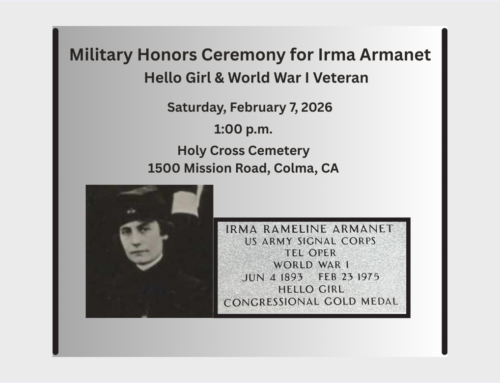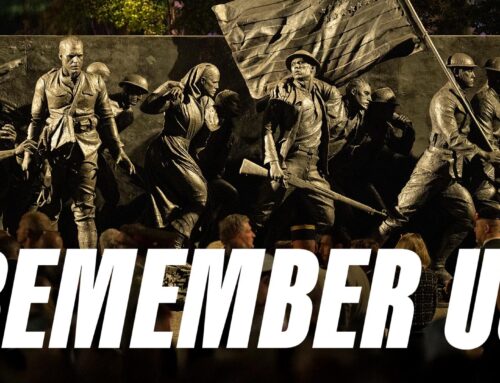A Lesson From The First World War
Published: 22 July 2025
By Neville Berman
via the Lay Of The Land website
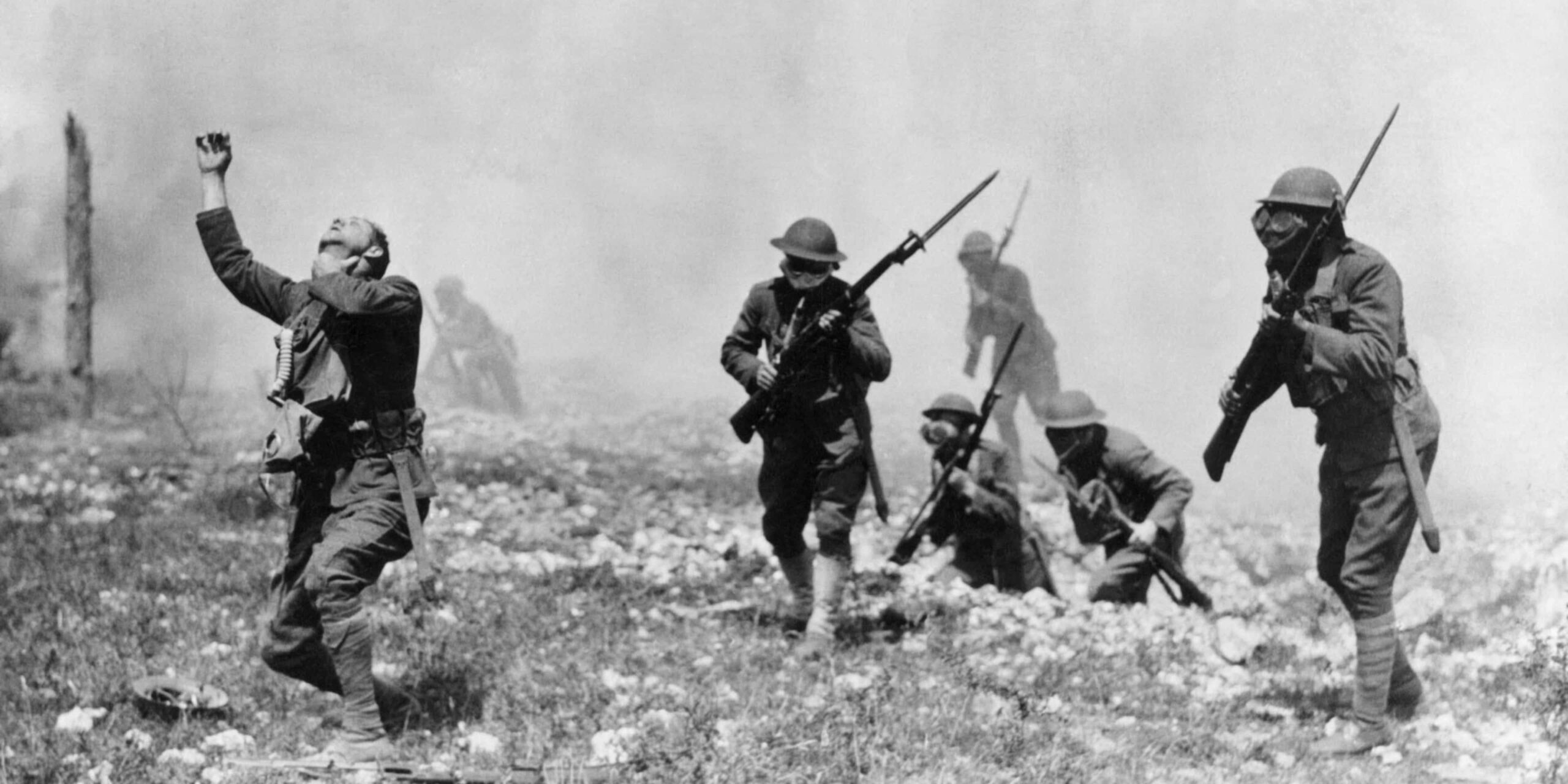
A-LESSON-FROM-THE-FIRST-WORLD-WAR1
“At no point in the war had the Allies achieved a definite, clean success. How then, was the war to be brought to an end?”
— David Lloyd George, the British Secretary of State for War, at a meeting of the British War Cabinet in October 1916.
The First World War started in August 1914 and ended in November 1918. It resulted in between 16-22 million deaths. In his ‘The Road Less Traveled: The Secret Battle to End the Great War, 1916-1917’, historian Philip Zelikow, makes the case that millions of lives could have been saved if the opportunity to achieve peace in early 1916 would have materialized. According to Zelikow, incompetent politicians, who overestimated both the military and financial capabilities of their countries, shrank from their responsibility of ending the war. Below is an abridged form of the story that is particularly relevant to the present situation in the Middle East and to the Russian – Ukraine war.
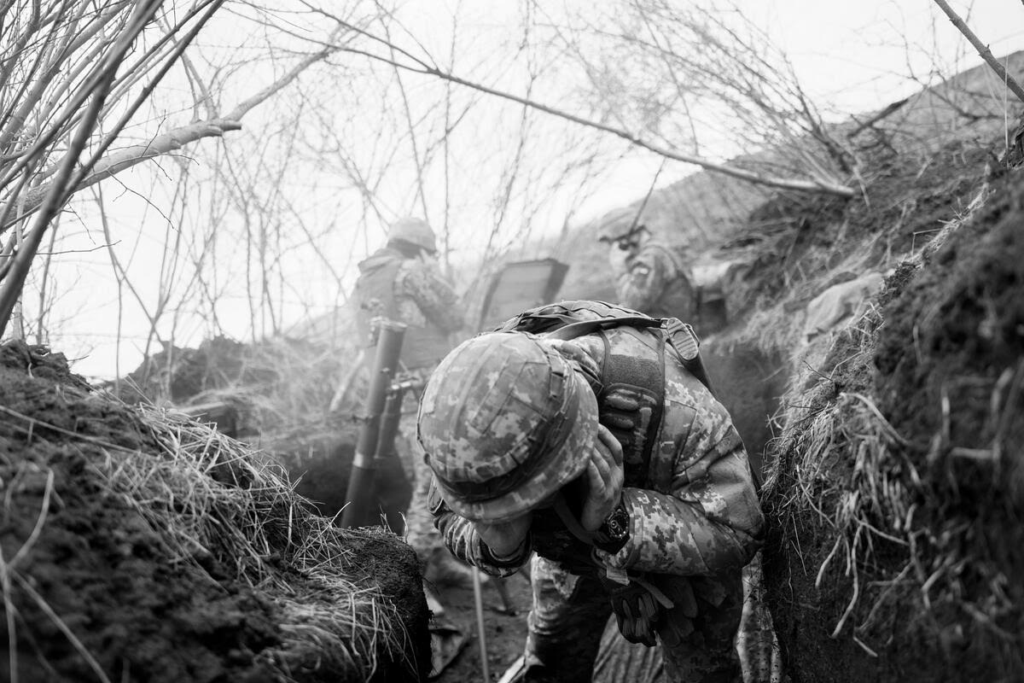
Shades of the Past. Visually reminiscent of WWI trench warfare, a Ukrainian mortar unit near Kostiantynivka in 2023. The biggest battle is how to stop wars?
Britain entered the First World War on August 4th 1914. The popular concept at the time was that the boys would be home for Christmas. The reality proved to be completely different. H. G. Wells coined the expression “The war that will end war” Ironically, the aftermath of the war contributed to the conditions that led to the Second World War.
In 1905, Japan was lacking financial resources to continue its war with Russia and asked President Theodore Roosevelt to try to mediate a peace between the warring parties. Roosevelt succeeded in bringing an end to the war and was awarded the 1906 Nobel Peace Prize for his efforts – the first American to win a Nobel Prize.
Woodrow Wilson was the 28th President of the United States when the war broke out in Europe in 1914. He maintained a policy of strict and impartial neutrality and was against American involvement in what he considered a European war. Inspired by what Roosevelt achieved in 1905, Wilson entertained the idea that America could play the role of a mediator and end the war in Europe without actually taking an active part in the war itself.

Peacemaker President. On December 10, 1906, President Theodore Roosevelt (center) was awarded the Nobel Peace Prize for his work surrounding the Treaty of Portsmouth, which ended the Russo-Japanese War.
In May 1915, a German U-boat torpedoed the luxury civilian ship Lusitania just off the coast of Ireland. 1,198 people were killed including 128 Americans. Both Republicans and Democrats still did not want America to become involved in a European war.
In 1915, all the offences by Britain and France had failed. In February 1915, the disastrous Gallipoli Campaign was launched against Ottoman troops in the Balkans. By the time the campaign ended in January the following year, over 73,485 Allied soldiers from Great Britain, France, Australia, New Zealand and India had been killed or injured. Almost nothing had been achieved by the campaign.
President Wilson saw the continuation of the war as a tragedy. Wilson came to the conclusion that there was a need to develop a new basis for managing world politics. He also believed that American economic power might play a crucial role in bringing justice and peace to the world.
→ Read the entire article on the Lay Of The Land website here:
External Web Site Notice: This page contains information directly presented from an external source. The terms and conditions of this page may not be the same as those of this website. Click here to read the full disclaimer notice for external web sites. Thank you.
